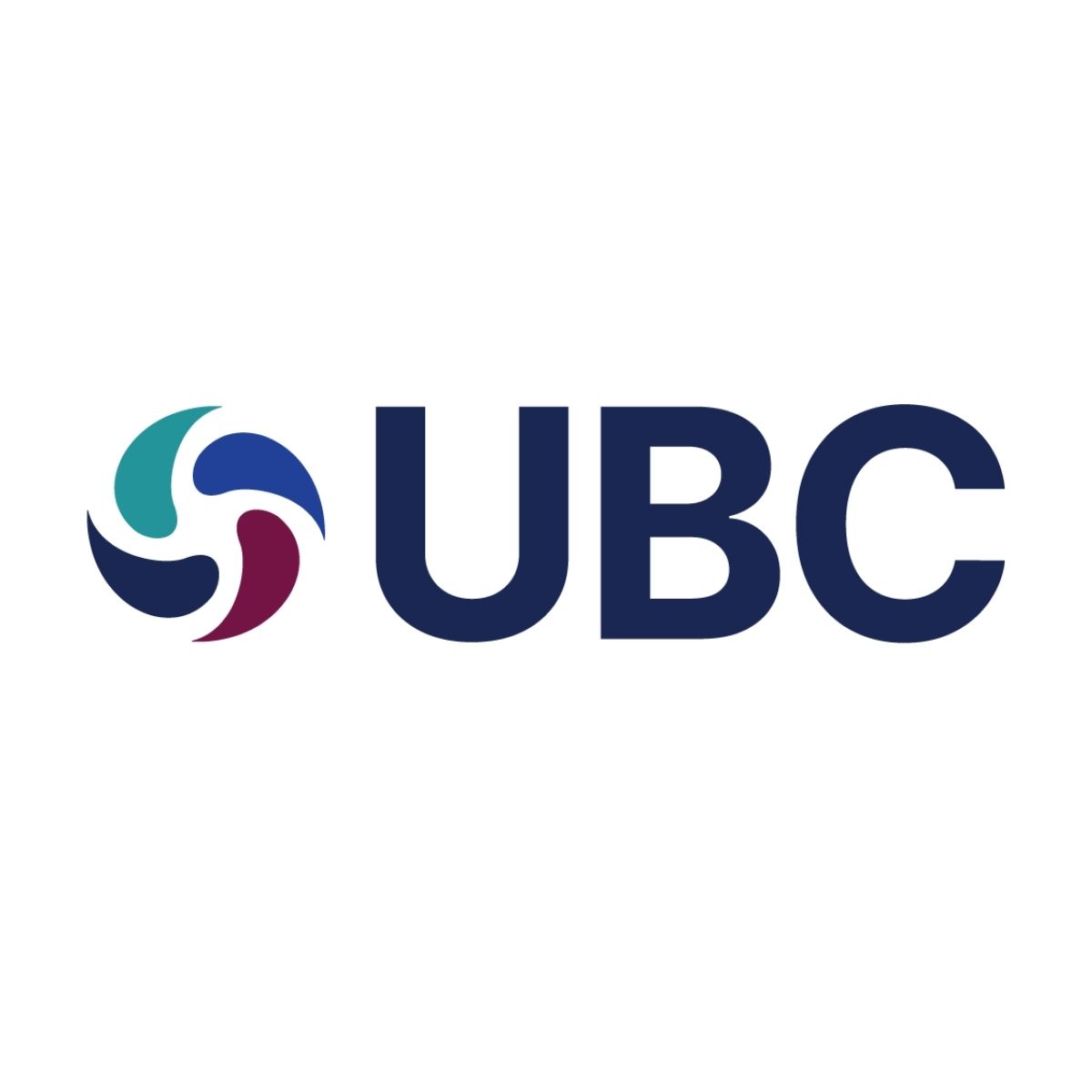The proliferation of data sources has led to an abundance of real-world data (RWD) detailing various aspects of patient healthcare. Unfortunately, this has also led to fragmented data, and consequently an incomplete picture of the patient’s healthcare journey. Tokenization and data linkage offers a way to align data obtained from various sources (e.g., electronic health records, medical insurance claims, patient registries, surveys, etc.) to get a holistic view of the entire patient experience. This will enable study sponsors and researchers to better understand their patient population of interest, especially when all relevant information is not available from a single data source. Clinical trials, for example, are limited to the information obtained during the study follow-up period, but tokenization and data linkage offers the opportunity to enhance the observed study results via longitudinal observation of various health outcomes in trial participants even after the trial has ended (i.e., during the post-trial period).
UBC is at the forefront of this relatively novel development. We are especially focused on innovative approaches to data linkage that involve identifying new types of data sources that can be linked in order to expand the research value gained by integrating diverse types of RWD sources. This was recently showcased at the research conference organized by the International Society for Pharmacoeconomics and Outcomes Research (ISPOR), which was held from May 13-16, 2025, in Montreal, Canada. UBC’s team of epidemiologists and allied experts presented the findings from a project linking real-world claims data derived from patients’ healthcare interactions with data from a patient support program sponsored by a pharmaceutical company to assist patients in obtaining and adhering to an important hematological therapy. The research poster, titled “Linkage of Patient Services and Real-world Healthcare Data: A Unique Approach to Gain Insights into Factors that Impact Medication Adherence”, provides further examples of scenarios where tokenization and data linkage can lead to generation of outcomes that might not be necessarily feasible using any one dataset.
In conclusion, tokenization and data linkage offers valuable insights to individuals/organizations seeking to better understand their patient populations. Some other important factors, such as patient privacy and consent, data standardization, and data governance, will also need to be considered before conducting data linkage. UBC provides support for every stage of the data linkage process, as well as ample experience in evidence development and patient safety. Download our poster “Linkage of Patient Services and Real-world Healthcare Data” to learn more.
About UBC
United BioSource LLC (UBC) is the leading provider of evidence development solutions with expertise in uniting evidence and access. UBC helps biopharma mitigate risk, address product hurdles, and demonstrate safety, efficacy, and value under real-world conditions. UBC leads the market in providing integrated, comprehensive clinical, safety, and commercialization services and is uniquely positioned to seamlessly integrate best-in-class services throughout the lifecycle of a product.

About the Author
Samuel Igweokpala, Associate Epidemiologist.
Samuel Igweokpala is an Associate Epidemiologist at UBC. He contributes to UBC’s cross-functional expertise, including the design, conduct, and interpretation of real-world studies using data from various sources such as databases, registries, and patient medical charts. He also has a pharmacy degree and combines his pharmaceutical knowledge and epidemiology skills to support public health research.






